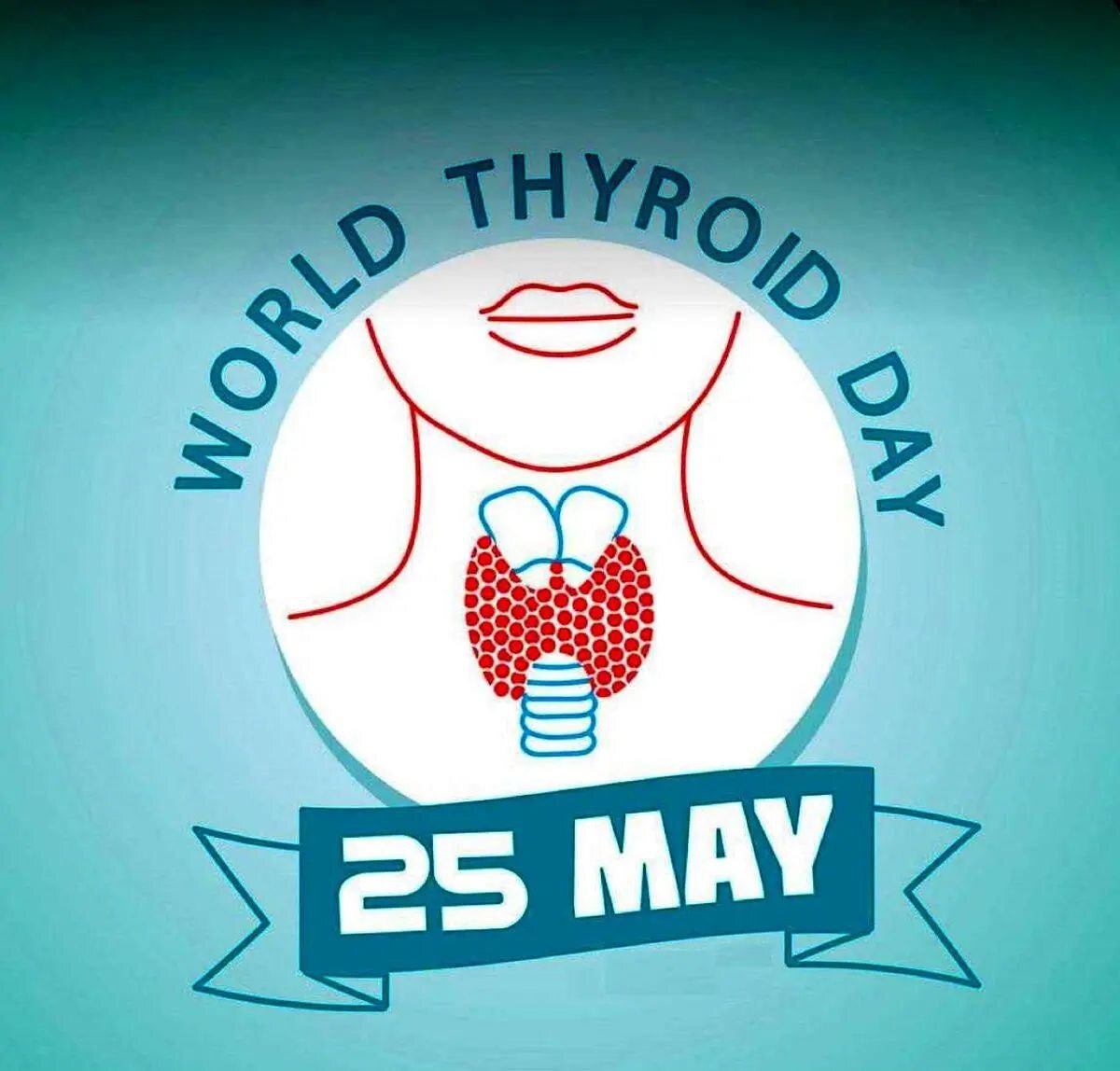Unlocking Health: The Crucial Role of Regular Testing in Diagnosing Thyroid Dysfunction
Regular thyroid function testing is crucial for identifying and managing thyroid diseases, which can significantly impact overall health. The thyroid gland plays a key role in regulating metabolism, growth, and development. According to national studies, a considerable segment of the population, especially women, is at risk of developing thyroid disorders, including hypothyroidism and hyperthyroidism, as reported by IRNA.
Understanding Thyroid Disorders
Thyroid disorders can manifest in various ways, and recognizing their symptoms is vital for early diagnosis and treatment. Here’s a closer look at the two primary conditions:
- Hypothyroidism: This condition is characterized by an underactive thyroid and can lead to symptoms such as:
- Fatigue
- Depression
- Weight gain
- Difficulty concentrating
- Hyperthyroidism: An overactive thyroid can present various symptoms, including:
- Nervousness
- Sweating
- Irregular heartbeat
- Weight loss
- Protruding eyes
It can also adversely affect mental growth and development in children, making screening particularly important for high-risk groups such as pregnant women and individuals with a family history of thyroid disease.
Effective management of these conditions relies heavily on consistent monitoring and medication adjustments based on periodic tests. This is particularly crucial during pregnancy, as proper regulation of thyroid hormones is essential for fetal health.
World Thyroid Day
To enhance awareness about the integral role of the thyroid gland and to promote early detection and treatment of thyroid-related disorders, World Thyroid Day is observed annually on May 25. This day serves as a reminder of the importance of thyroid health and the need for regular screening.
The Thyroid-Stimulating Hormone (TSH) blood test is the most common method for diagnosing thyroid illness. Other diagnostic tools may include:
- T3 (Triiodothyronine)
- T4 (Thyroxine)
- Imaging tests
- Biopsy
These tests help healthcare professionals ascertain the state of thyroid function and initiate appropriate treatment plans.
Maintaining Thyroid Health
To ensure optimal thyroid health, it is advisable to follow these recommendations:
- Regularly monitor thyroid hormone levels.
- Incorporate iodine-rich foods into your diet, such as seafood.
- Avoid excessive consumption of soy and cruciferous vegetables, especially if you have existing thyroid conditions.
- Maintain an active lifestyle and a balanced diet.
- Consult an endocrinologist if you experience symptoms associated with thyroid disorders.
World Thyroid Day was established on May 25, 2007, during the annual general meeting of Thyroid Federation International (TFI). This date also commemorates the founding of the European Thyroid Association (ETA) in 1965, marking a significant milestone in thyroid health awareness and research.
In conclusion, understanding the symptoms, risks, and management of thyroid disorders is crucial for maintaining overall health. Regular testing and awareness initiatives like World Thyroid Day play a vital role in ensuring individuals receive the care they need for optimal thyroid function. By prioritizing thyroid health, we can mitigate the risks associated with these conditions and promote a healthier future for all.






